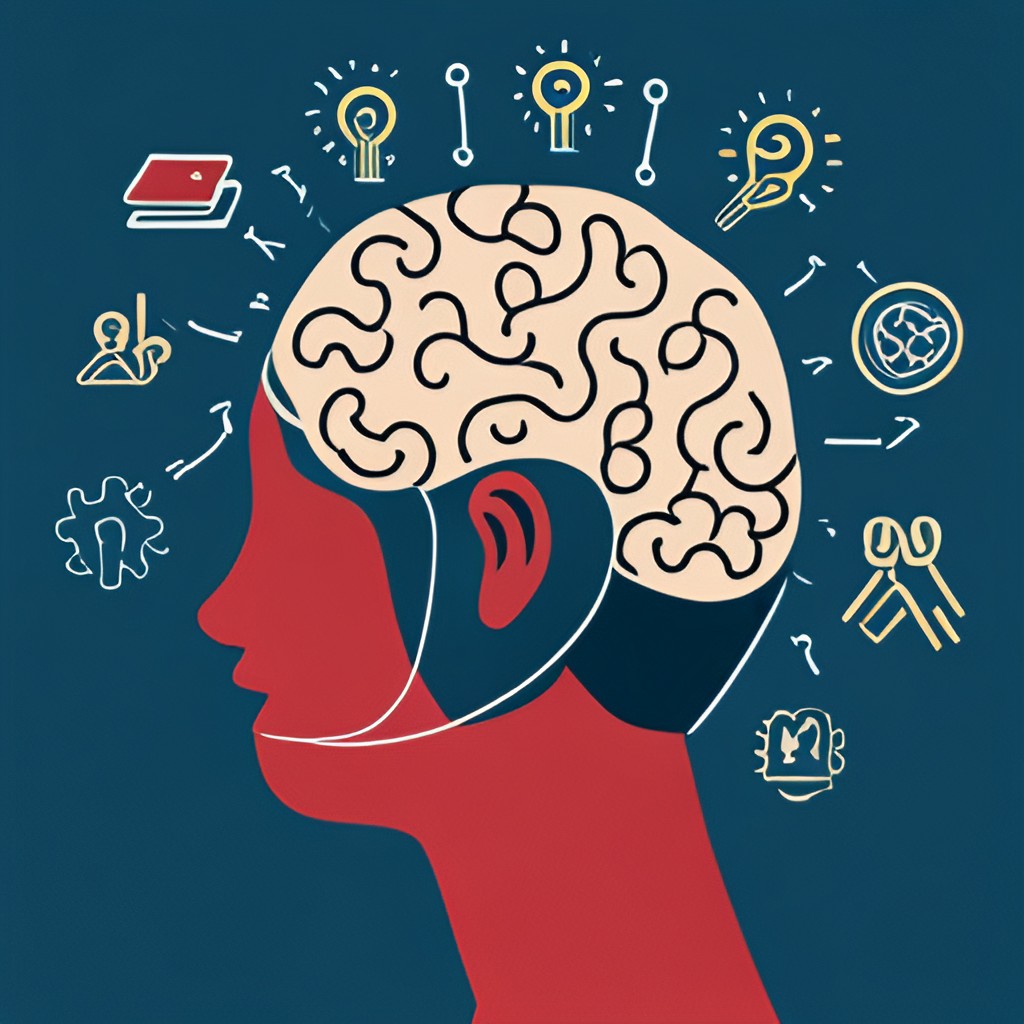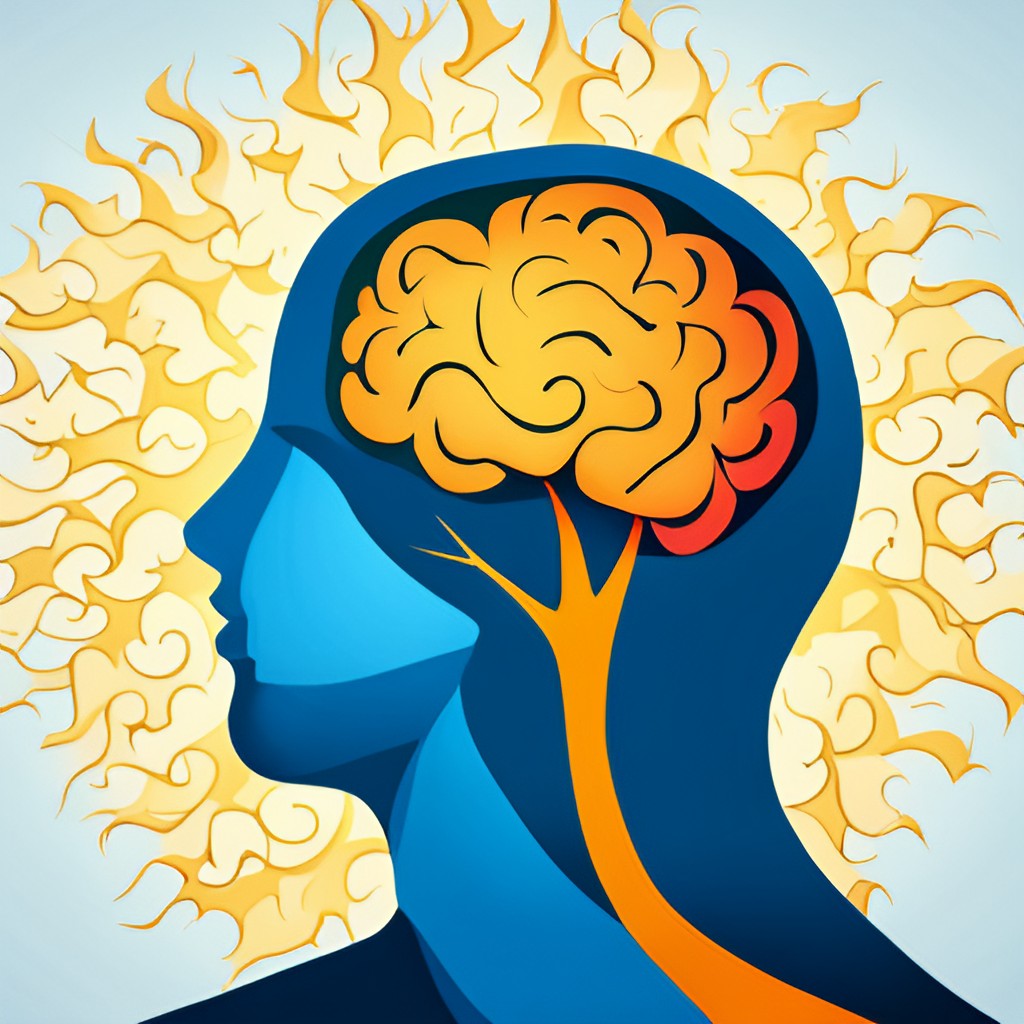
In the dynamic and often high-pressure environment of academia, resilience is frequently discussed in the context of physical stamina. Yet, an equally vital aspect of endurance is mental stamina, a cornerstone of building cognitive resilience for academic success. Students navigating the academic landscape face myriad challenges: from demanding coursework and exams to pressing research deadlines and personal commitments. The skill of building cognitive resilience — the capacity to adapt and thrive amid these challenges — can significantly mark the difference in academic outcomes.
Understanding Cognitive Resilience
At its core, cognitive resilience refers to the ability to bounce back from setbacks, remain focused under stress, and adapt to changing circumstances with a positive outlook. It’s this mental fortitude that empowers individuals to navigate the complexities of academic pursuits, emerging stronger and more capable. This guide delves into the essence of cultivating adaptability and resilience in students, spotlighting the multifaceted approach to fostering mental stamina and resilience for academic excellence.
Emotional regulation plays a pivotal role in cognitive resilience. It’s the skill that allows individuals to manage their emotions effectively, maintaining calm and clarity under pressure. Adaptability, or the readiness to embrace change, alongside robust problem-solving skills, underscores the capacity to devise effective strategies in the face of adversity. Moreover, perseverance and a positive outlook are fundamental, fueling the determination to pursue goals despite obstacles and to view challenges through a lens of growth and opportunity.
The Importance of Cognitive Resilience
Why is building cognitive resilience for academic success indispensable? For one, it lays the groundwork for overcoming academic hurdles with a growth mindset, fostering a belief in one’s ability to learn and improve. It also serves as a critical stress-management tool, buffering against the adverse effects of academic pressures and burnout. Furthermore, in an ever-evolving educational landscape, the adaptability facilitated by cognitive resilience is invaluable, enabling students to view change and innovation as avenues for growth rather than threats.
Additionally, the emotional well-being tied to resilience cannot be overstated. A resilient mindset enhances emotional stability and fosters a positive, strength-focused perspective. These qualities are not only essential for academic success but are also transferable skills that prepare students for future challenges beyond the classroom.
Strategies for Developing Cognitive Resilience
Embarking on the journey of building cognitive resilience involves a proactive and multifaceted strategy. Cultivating a growth mindset is foundational; it encourages students to perceive challenges as opportunities for learning and personal development. Effective stress management techniques, such as mindfulness, meditation, and regular physical activity, play a crucial role in enhancing mental stamina and overall well-being.
Developing problem-solving skills is another key strategy, enabling students to approach complex issues with methodical analysis and persistence. Building supportive networks of peers, mentors, and friends fosters a sense of community and shared resilience. Moreover, engaging in resilience-building exercises like journaling, practicing gratitude, and cognitive reframing helps reinforce a positive outlook and emotional regulation.

Embracing Change and Uncertainty
A significant aspect of adapting and thriving in the academic realm involves embracing change and uncertainty as inherent components of life. Viewing new situations as opportunities rather than obstacles is a hallmark of cognitive resilience, equipping students with the flexibility to navigate academic and life challenges with confidence.
Real-Life Success Stories: Cognitive Resilience in Action
The impact of building cognitive resilience for academic success is not just theoretical but is vividly illustrated through real-life success stories. These narratives showcase the transformative power of mental stamina and resilience in overcoming academic hurdles and achieving excellence.
Dr. Jane’s Academic Journey: Embarking on her academic path, Dr. Jane encountered numerous challenges, including a rigorous workload and personal adversities. Through “Strategies for Enhancing Mental Stamina in Academia,” she cultivated resilience, enabling her to navigate these obstacles successfully. Her journey underscores the importance of resilience in achieving academic and research milestones.
Sam’s Research Triumph: Faced with repeated rejections of his research proposals, Sam could have easily succumbed to discouragement. Instead, he leveraged his situation as a catalyst for “Cultivating Adaptability and Resilience in Students.” By refining his problem-solving skills and adapting his approach based on feedback, Sam eventually secured publication in a prestigious academic journal, exemplifying the essence of mental stamina and resilience for academic excellence.
Mia’s Leadership Evolution: As a student leader, Mia encountered unforeseen challenges and changes within her organization. Through embracing “Adapting and Thriving: Keys to Academic Resilience,” she navigated these complexities with grace and effectiveness. Mia’s story highlights how cognitive resilience equips student leaders with the adaptability and emotional intelligence necessary for impactful leadership.
Mark’s Journey to Stress Reduction: Mark, an engineering student, found his academic performance hampered by stress and anxiety. By integrating stress-management techniques aligned with “The Role of Cognitive Resilience in Academic Achievement,” he not only improved his academic outcomes but also enhanced his quality of life. Mark’s experience illustrates the profound impact of resilience on managing academic pressures and fostering well-being.
Conclusion: Thriving in the Academic World through Cognitive Resilience
In conclusion, building cognitive resilience is a critical skill set for navigating the academic landscape and beyond. By developing the capacity to manage stress, embrace change, and persevere through challenges, students not only pave the way for academic success but also prepare themselves for a resilient future. The journey to enhancing cognitive resilience is a continuous process, rich with opportunities for growth, learning, and achievement.
Embarking on this path requires a commitment to applying strategies for mental stamina, fostering adaptability, and cultivating a supportive community. As demonstrated through real-life success stories, the rewards of this journey extend far beyond the classroom, empowering individuals to thrive in all facets of life.

